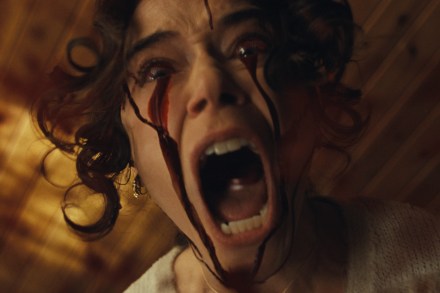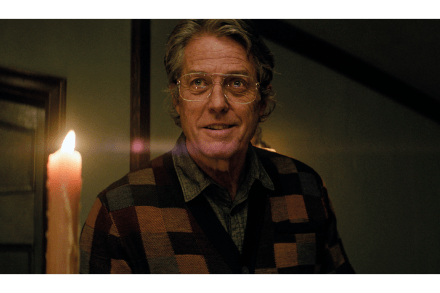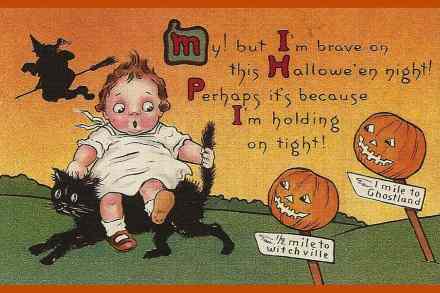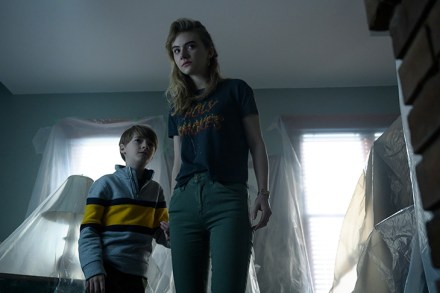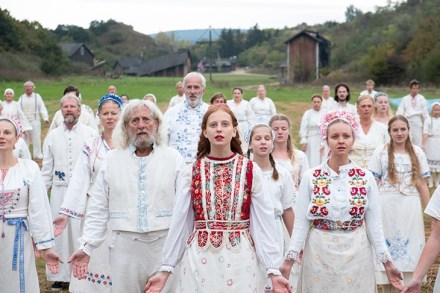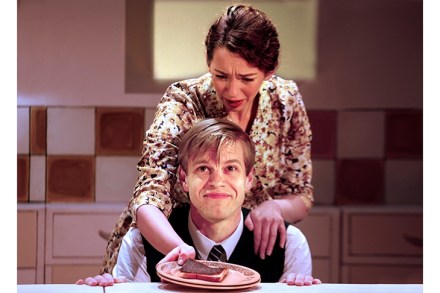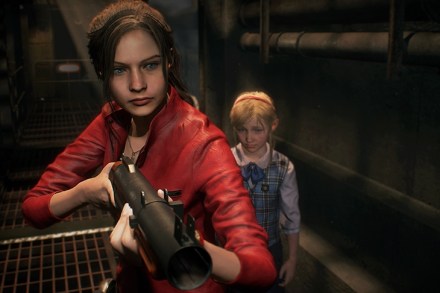I watched it between my fingers: Bring Her Back reviewed
The Australian twins Danny and Michael Philippou started off as YouTubers known for their comically violent shorts – Ronald McDonald Chicken Store Massacre (2014) has accrued 67 million views. They then raised the money to make their first feature. This was the quietly disquieting Talk To Me (2022), which cost $4.5 million and made $92 million. Bring Her Back (they like three-word imperatives, these lads) is their second and it may not be as successful. It stars Sally Hawkins and this isn’t, alas, horror at its most fun, inventive and camp. This is horror horror: gory, grisly and one that properly goes for it at the end – which, if






